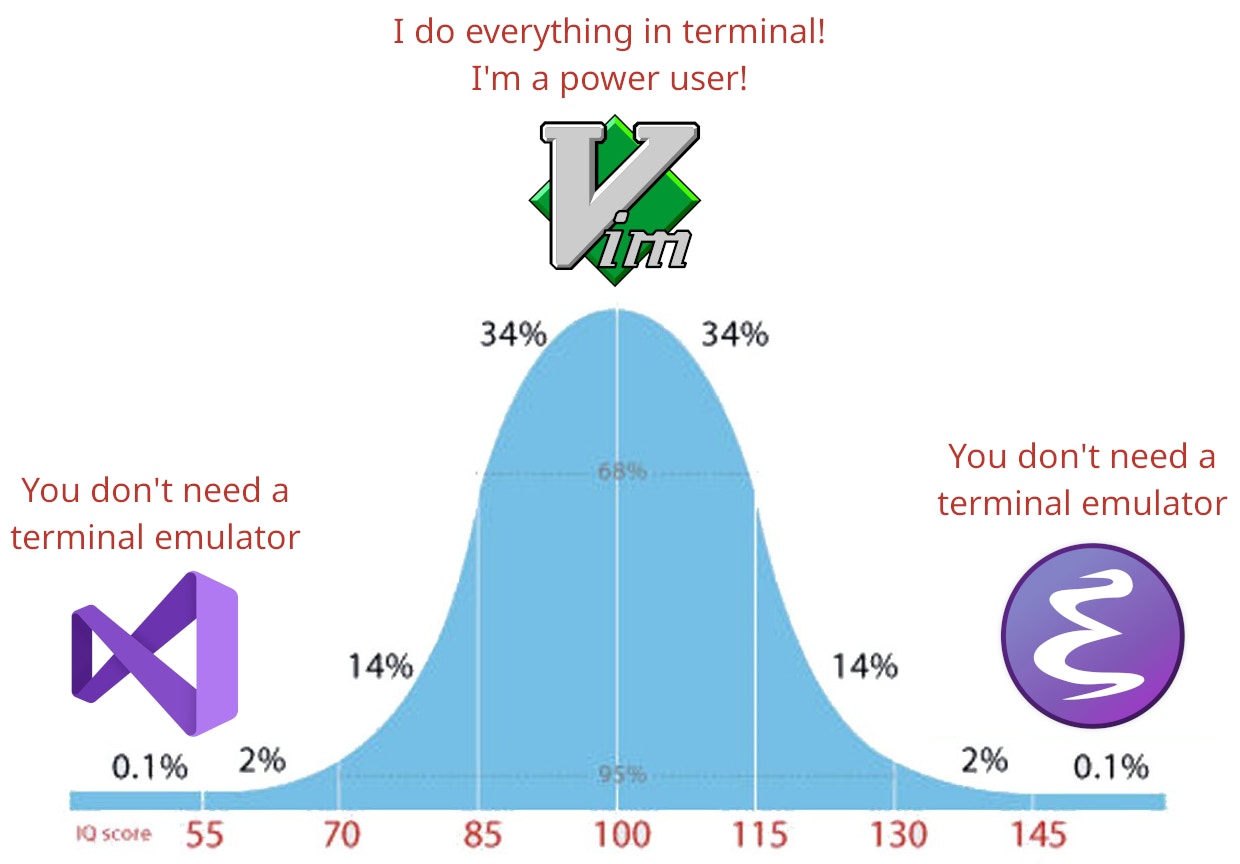Hackernoon
3w
278

Image Credit: Hackernoon
To Emacs or Not to Emacs
- Emacs, a versatile and customizable text editor, has been likened to a fully integrated computing environment enabling deep integration and customizability for users, especially beneficial for programmers, writers, and creatives.
- Despite the significant investment required to utilize Emacs to its full potential, its powerful features like automating workflows and tailored tools make it a valuable consideration for enhancing productivity.
- The concept of flow and minimizing context switching is a key benefit of using Emacs, allowing users to maintain focus and efficiency across different tasks within a unified cognitive model.
- Emacs facilitates harmonious integration and empowers users by keeping everything in a text-based format, enabling searchability, reproducibility, version control, and extensive customization.
- Emacs excels in text-based tasks like email composition, development, version control, and various other workflows, providing efficiency and powerful editing tools consolidated within one platform.
- With Emacs, users can shape the tool to their exact needs, offering unparalleled flexibility and personalization compared to more common tools like VS Code.
- Despite its age, Emacs adheres to computing first principles, offering an extensive range of functionalities enhanced by the ability to integrate Unix tools and leverage elisp for programming.
- Emacs serves as a lifetime computing tool that continues to evolve with users, providing a comprehensive environment for various tasks ranging from email and development to blogging and scheduling.
- The argument for investing time in learning Emacs stems from its time-saving capabilities, independence, and adaptability, offering a significant return on investment and the ability to control one's computing environment.
- For those valuing personal autonomy, productivity, and long-term usability, Emacs stands out as a timeless tool embodying the essence of thoughtful design and lasting relevance.
Read Full Article
16 Likes
For uninterrupted reading, download the app